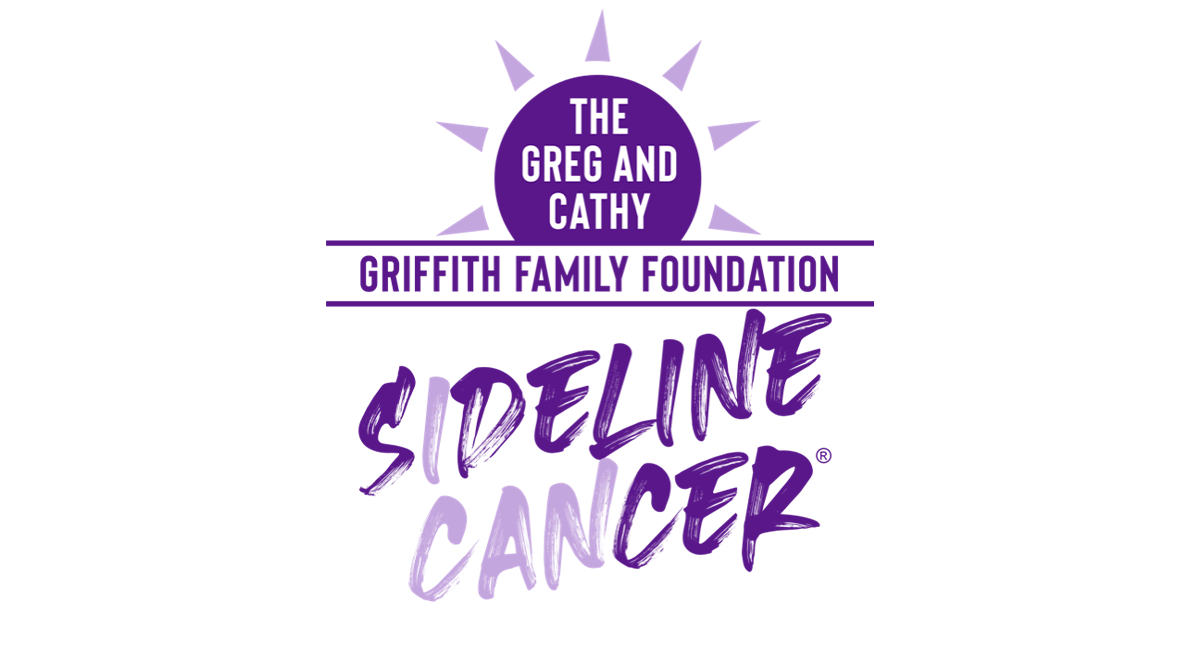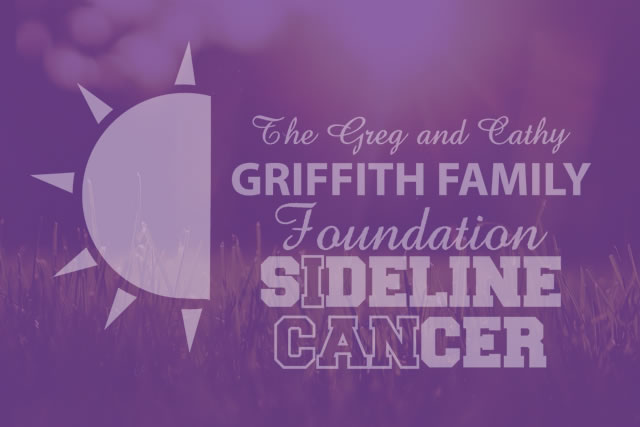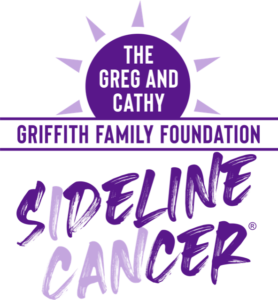In appreciation for the continued, generous support of the Greg and Cathy Griffith Family Foundation, the Pancreas and Liver Institute is pleased to submit this update on our efforts related to Project Survival and our goal of finding a cure for pancreatic cancer.
Overview
Project Survival is a global effort, led by the Cancer Center at Beth Israel Deaconess Medical Center (BIDMC), to discover a clinically-meaningful biomarker to cure pancreatic cancer. The Cancer Center’s Pancreas and Liver Institute (PLI) partners with expert centers represented by the Pancreatic Cancer Research Team (PCRT) in concert with Cancer Research And Biostatics (CRAB) and the biopharmaceutical company Berg Pharma.
Biomarkers are unique biological signatures of the biological processes related to a patient’s cancer that can be used to guide treatments like surgery, radiation, and chemotherapy. A physician’s ability to care for pancreatic cancer patients will improve dramatically when biomarkers can be used to develop personalized medicines that can be used to individualize each patient’s treatment.
BIDMC’s Pancreatic Cancer Center is home to one of the nation’s leading clinical and translational research programs for pancreatic cancer. The BIDMC Cancer Center and PCRT work together to develop clinical trials of novel new cancer treatments made possible by the Project Survival collaboration.
Recent Advancements
- To date, 248 patients and family members are participating in Project Survival.
- This level of participation represents a consent approval rate of 91.7% compared to all individuals approached to join the study – this level of enrollment is unprecedented in a clinical trial at this early stage and indicative of the important role that patients and families believe it will play in finding a cure.
- The PLI has continued to build partnerships with medical centers across the country to participate in Project Survival, most recently with Washington University Medical Center, the Mayo Clinic, Virginia Piper Cancer Institute, and Banner Health.
- An abstract on the based on Project Survival research has been accepted for publication by the journal Bioinformatics and will be presented at the International Society for Computational Biology Conference in Prague this July.
- An additional abstract and poster has been accepted by the American Association for Cancer Research.
Media Exposure
- Fox 25 News Boston – February 9, 2017
- Inside Surgery – Spring/Summer 2017: Vol. 7, No.1
- Patient and Family Charitable Organizations Support Pancreatic Cancer Research
- Wall Street Journal
- Article on the PLI and Project Survival to be published this month.
- Beth Israel Deaconess Medical Center: Giving Matters
- The work of the PLI will be the main feature in the Fall 2017 edition of this hospital-wide newsletter that is sent to our entire community.
Expanding Philanthropic Investment
The PLI is coordinating with the BIDMC Department of Clinical Program Planning and Strategy and the Development Office to craft a formal growth plan for the Institute that will deepen its impact, enhance its profile, and attract additional philanthropic investment. While this effort is still in the early phase, the creation of a detailed business plan will lay the groundwork for future growth and facilitate the creation of a formal fundraising plan around main areas of investment.
Key among them is the opportunity to launch self-funded personalized medicine trials that would bring important organoid research from the lab directly to the clinic and begin treating patients in need. It currently can take five or more years to receive grant funding to support clinical trials. During this grant-seeking process, researchers often find themselves in a difficult “chicken and egg” situation, whereby critical funding to launch such trials is denied due to the lack of preliminary data; however, in order to obtain that preliminary data they must secure funding. A philanthropic effort focused on supporting these trials would enable to PLI to get to work immediately on building the data to prove the efficacy of their approach to develop a cure. More importantly, it would enable us to begin to offer potentially life-saving treatments to patients in need.
In support of this effort, we look forward to coordinating with the Griffith Family Foundation to leverage the visibility afforded by this year’s World Pancreatic Cancer Day on November 16 to increase awareness of the efforts of the PLI and attract additional sources of funding to support our efforts to cure pancreatic cancer.









